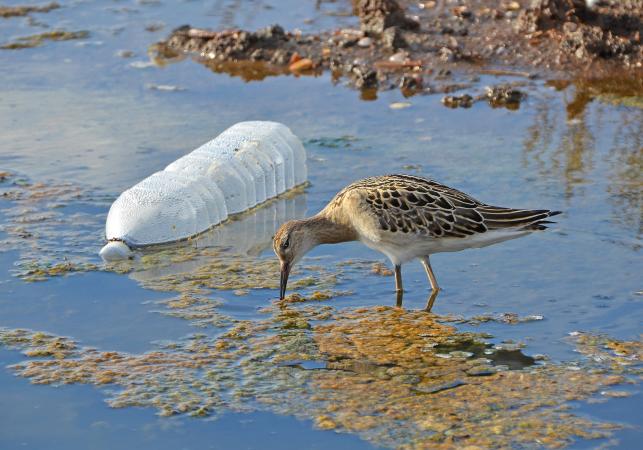What Causes Water Pollution?
Water pollution is a major problem affecting millions of people worldwide. According to the U.N., 783 million people lack access to clean water and 40% of people deal with water scarcity. What makes this even more baffling is the fact that the Earth contains enough fresh water to adequately supply everyone living here. So, why then, does water pollution continue to be such a far reaching problem? Why haven’t technological developments and human rights efforts been able to make more progress?
There are several intersecting factors that affect water pollution and the efforts to solve it. These obviously vary by region and each case is unique, but there are also some aspects that are shared. Using Haiti as an example, researchers at Grand Valley State University break these factors down into four main categories: geology, ecology, sociology and economy. Geologic factors encompass things like the structures of rivers and the composition of rock which can affect their susceptibility to pathogens. Ecology is closely related, including issues like deforestation and soil erosion that affect microbiology and therefore contamination.
Sociologic factors are probably most overlooked when dealing with this topic but are vital to understanding the problem. They include the way religion and spirituality shape people’s relationship with water as well as people’s more literal roles when dealing with it, such as the fact that in many cultures women and children are the ones tasked with gathering water, sometimes having to travel great distances to do so. And finally, there are economic factors, which are probably the most frequently discussed. On a larger scale, these include the infrastructure that makes transporting and treating water possible, and on a more individual basis, being able to afford the fuel to boil water to purify it.
Obviously water pollution is a multifaceted issue with many smaller problems that need to be addressed in order to be solved as a whole. It is clearly a daunting task when even nature itself seems to be working against it, which explains why it is still such a prevalent issue. Fortunately, there are many possible solutions that have been proposed and are being implemented around the world. In the coming weeks we will be exploring some of these on this blog and hopefully helping to aid in the fight against water pollution.
Obviously water pollution is a multifaceted issue with many smaller problems that need to be addressed in order to be solved as a whole. It is clearly a daunting task when even nature itself seems to be working against it, which explains why it is still such a prevalent issue. Fortunately, there are many possible solutions that have been proposed and are being implemented around the world. In the coming weeks we will be exploring some of these on this blog and hopefully helping to aid in the fight against water pollution.
Sources:
"Sustainable Safe Water solutions for Haiti." Grand Valley State University, Apr. 2017,
http://www.gvsu.edu/haitiwater/sustainable-safe-water-solutions-for-haiti-13.htm. Accessed 8
July 2017.
"Water." United Nations, http://www.un.org/en/sections/issues-depth/water/. Accessed 8 July 2017.


Comments
Post a Comment
Let your knowledge, ideas, and innovation be heard. Tell us what you think and know about this topic.